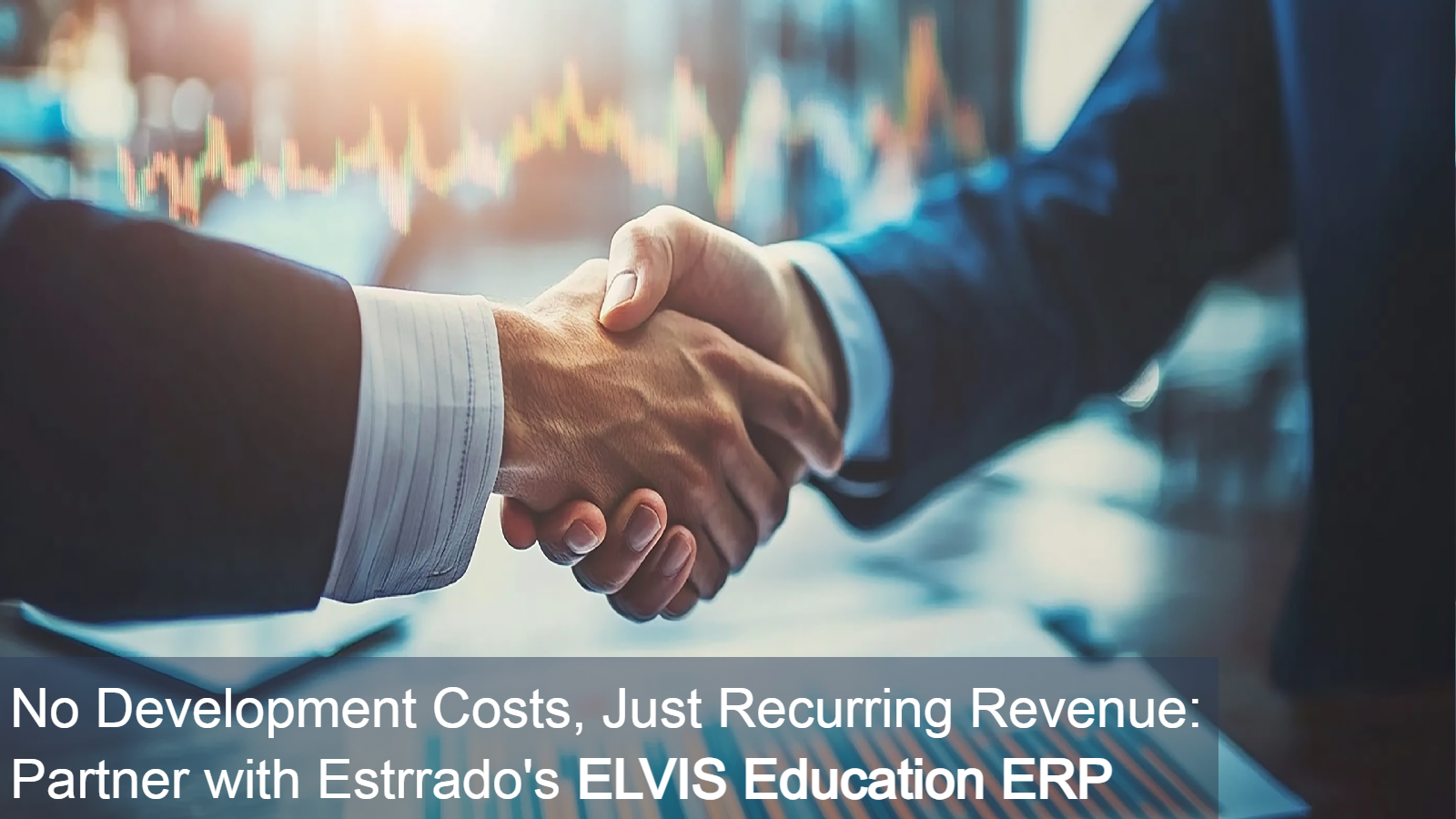Introduction
An ERP (Enterprise Resource Planning) system can be a game-changer for your business, streamlining operations, boosting efficiency, and giving you valuable insights. But before you dive headfirst into implementation, it’s crucial to plan a realistic ERP budget.
This blog will equip you with the knowledge to create a budget that avoids surprises and ensures a smooth ERP implementation.
Planning Your ERP Budget
- Define Your Business Needs
The first step is understanding what you want the ERP to achieve. Analyze your current processes and pinpoint areas for improvement. Do you need better inventory management? Streamlined financials? Improved customer service? Identifying these needs will guide your ERP selection and determine the required functionalities.
- Research and Select ERP Solutions
With your needs in mind, research ERP vendors that cater to your industry and company size. Factor in features, deployment options (cloud-based vs. on-premise), and scalability. Shortlist a few vendors and request quotes to get a rough figure for software licenses.
- Consider Implementation Costs
The software cost is just one part. Implementation involves various expenses like:
- Consulting fees: The vendors will help configure the system to your specific needs. Their expertise ensures the system aligns with your workflows and maximizes its benefits.
- Data migration: Moving your existing data to the new system requires planning and effort. The complexity of your data structure and its volume will influence the cost.
- Training: Ensuring your employees can effectively use the ERP is crucial. Invest in comprehensive training programs that cater to different user roles and experience levels.
- Account for Operational Costs
Beyond implementation, consider ongoing expenses such as:
- Maintenance and support: Vendors offer varying levels of support packages. Choose a plan that guarantees timely assistance when you need it most.
- Hardware upgrades: Your ERP might necessitate hardware upgrades to ensure smooth operation. Factor in potential hardware refreshes during the budgeting process.
- Plan for Customization and Integration
Most ERP systems require some degree of customization to fit your unique workflows. Factor in the cost of development for these customizations. Additionally, if you use other business applications, integration costs need to be considered. Explore pre-built connectors or the possibility of developing custom integrations to ensure seamless data flow between your ERP and other critical systems.
- Prepare for Future Costs
Think beyond the initial implementation. Consider:
- Scalability: Will the system accommodate future growth? Factor in potential upgrade costs to accommodate additional users, data volume, or new functionalities.
- Regulatory compliance: Ensure your ERP adheres to industry regulations. Research any compliance-related features or add-ons that might be required.
- Build a Contingency Fund
Allocate a buffer in your budget for unforeseen expenses that might arise during implementation. This could include unexpected data migration challenges, additional training needs, or minor customization tweaks.
- Review and Adjust
Once you have a comprehensive picture of all potential costs, review your budget and adjust as needed. Don’t be afraid to negotiate with vendors or explore alternative solutions to stay within budget. Consider phased implementations to spread the cost over time.
- Monitor and Manage Post-Implementation Costs
Track your actual expenses throughout the implementation process. This allows you to identify areas for cost-saving and make informed decisions if necessary. Regularly review your budget versus actual expenditure to ensure you stay on track.
Conclusion
Remember, a well-planned ERP implementation can deliver significant value to your business, justifying the investment. The increased efficiency, improved data visibility, and streamlined operations can lead to cost savings in the long run, making your ERP system a strategic asset for your organization.
Frequently Asked Questions (FAQs)
How much does an ERP system typically cost?
Unfortunately, there’s no one-size-fits-all answer. ERP costs vary depending on several factors, including:
- Company size: Larger companies tend to have more complex needs and require more functionalities, leading to higher costs.
- Deployment option: Cloud-based solutions typically have lower upfront costs but might incur recurring subscription fees. On-premise deployments require higher upfront investments but may offer more control and customization.
- Features and functionalities: The specific features you need will impact the cost. More complex functionalities like advanced analytics or industry-specific modules typically cost more.
What are some hidden costs associated with ERP implementations?
Here are some hidden costs to consider:
- Data migration complexity: Migrating large amounts of complex data can be time-consuming and expensive.
- Customizations: ERP systems might require customization to fit your specific workflows, adding development costs.
- Integration with existing systems: Integrating the ERP with other business applications can involve additional fees.
- Employee training: Training your staff on the new system is crucial but can be a hidden cost.
How can I save money on my ERP implementation?
Here are some strategies to keep your ERP budget in check:
- Clearly define your needs: Focus on the essential functionalities you require and avoid unnecessary features that inflate the cost.
- Negotiate with vendors: Don’t be afraid to negotiate with vendors for better pricing or explore alternative solutions that fit your budget.
- Consider a phased implementation: Implement the ERP in stages, starting with core functionalities and adding modules later as needed.
- Explore open-source options: While not as feature-rich as commercial solutions, open-source ERPs can be a cost-effective option for some businesses.
What should I do if my ERP budget is limited?
Even with a limited budget, you can still benefit from an ERP system. Here are some options:
- Look for vendor solutions specifically designed for small businesses. These typically offer lower costs and simpler functionalities.
- Consider cloud-based deployments. Cloud solutions often require lower upfront costs and are easier to scale as your business grows.
- Focus on core functionalities. Start with the essential features you need most and add on functionalities later as your budget allows.
How can I ensure my ERP budget stays on track?
Here are some tips to manage your ERP budget effectively:
- Develop a detailed budget breakdown: Identify all potential costs associated with the project.
- Track your expenses throughout the implementation process. Regularly compare actual costs to budgeted amounts.
- Communicate openly with stakeholders: Keep everyone informed about budget updates and potential adjustments.
- Be flexible and adaptable: Be prepared to adjust your budget based on unforeseen circumstances.








